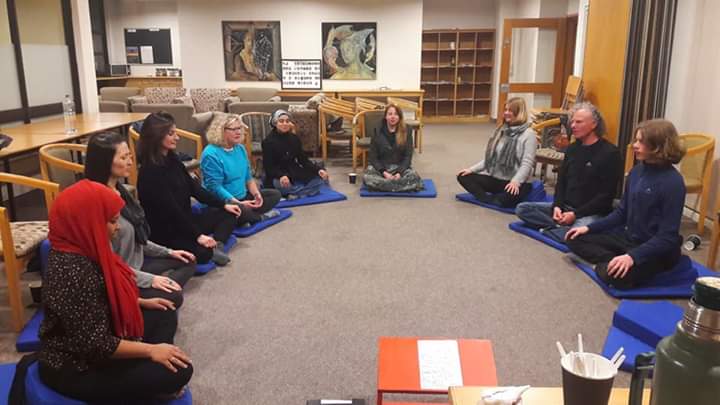
The big honest question we need to ask ourselves is:
“What is my present state of mind?”
Are we habitually worrying about the past and planning the future, instead of being connected to what is happening within and around us in the present moment? Are we continuously mentally exhausted, feeling burned out and overwhelmed? Or are we able to take care of our own wellbeing and those of others by learning to rest and take care of our minds. Are we role-models to our children, friends and colleagues based on our sense of self-sacrifice or self-care? Our own level of mindfulness, our capacity to develop a calm, steady nervous system and remain present and connected to what is happening, issomething we can grow and sustain with Mindfulness training. It is what allows us to enjoy and appreciate what is already good within and around us, and it enables us to take good care of ourselves and our students.



